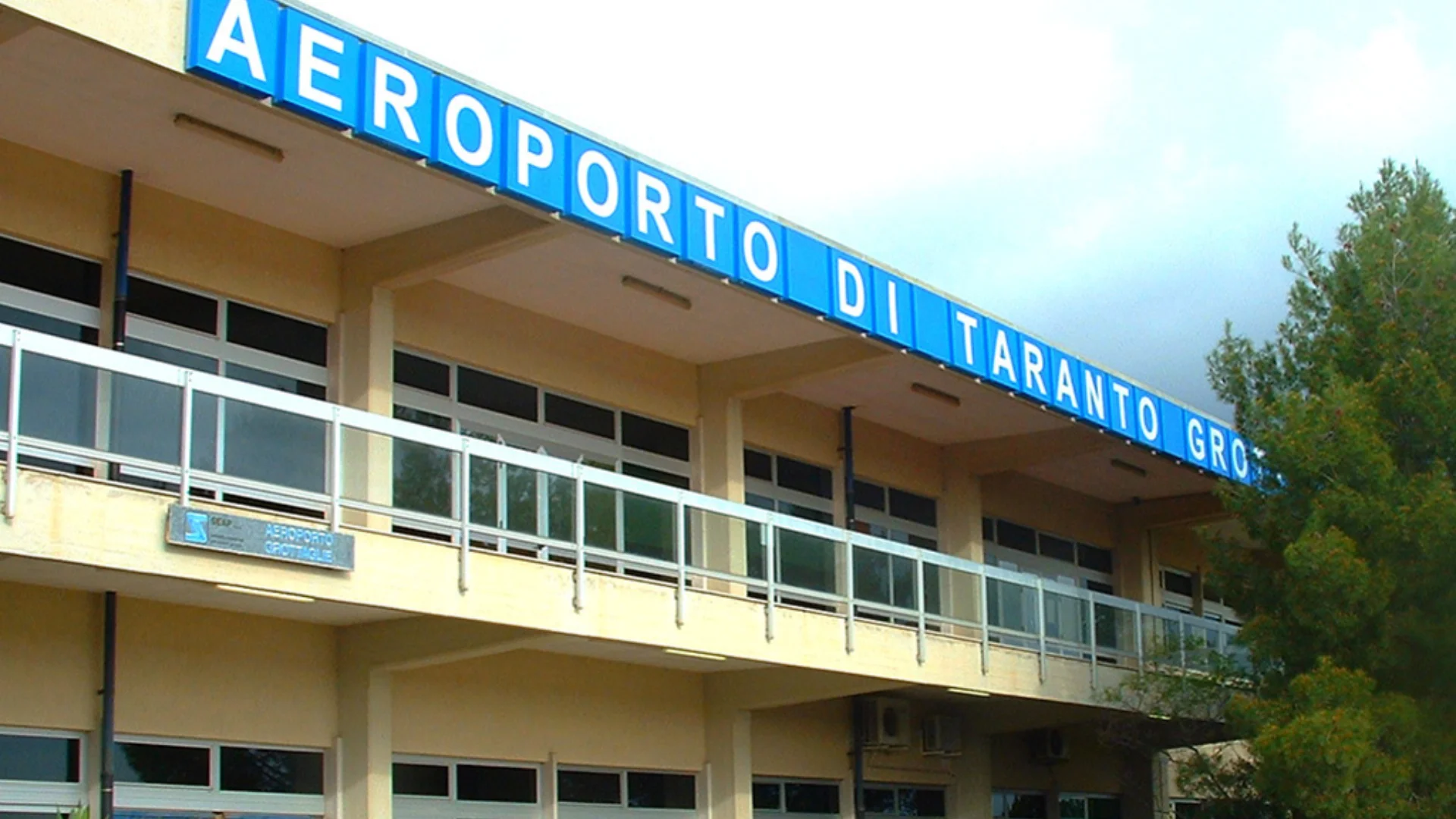Travelers often notice that transatlantic flights tend to be more expensive than transcontinental ones. This discrepancy is evident even when flight durations are similar, such as between Boston and Los Angeles compared to Boston and London. The reasons behind these pricing differences extend beyond the mere cost of fuel.
Flights across the Atlantic Ocean have long been influenced by a unique set of industry norms rather than fixed rules. Historically, bilateral air agreements like the Bermuda Air Agreements controlled both the number of flights and fares on these routes. Although these agreements no longer dictate prices, they highlight the complexity of fare structures in transatlantic travel.
For example, Delta Air Lines offers a roundtrip economy class ticket from Boston to London for $777, while a similar ticket from Boston to Los Angeles costs $600. The average flight time between these cities is nearly identical due to favorable wind conditions on eastbound flights. Despite this similarity in duration, fares remain significantly higher for transatlantic routes.
 Alerts Sign-up
Alerts Sign-up







